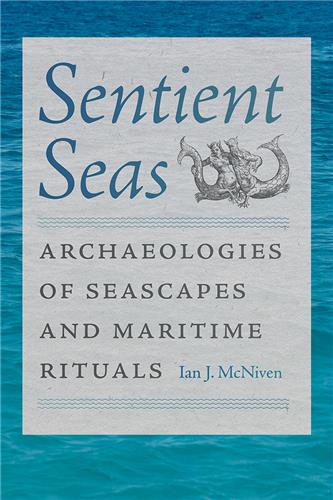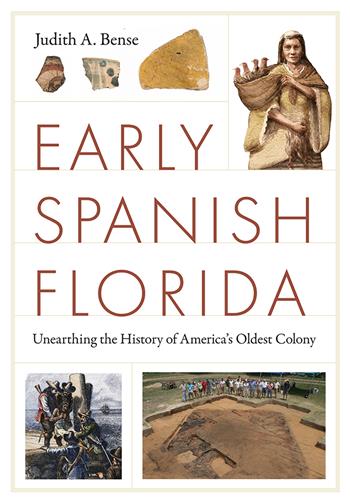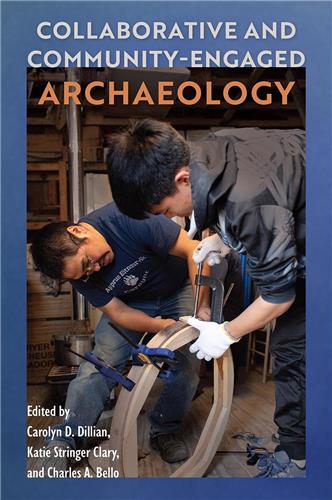This book examines the Great Lakes fur trade as a dynamic landscape where European traders and Indigenous peoples negotiated clashing perspectives, highlighting both cooperation and contentious power imbalances during the late eighteenth and early nineteenth centuries.
Browse by Subject: Archaeology
Please note that while you may order forthcoming books at any time, they will not be available for shipment until shortly before publication date
This book offers a global perspective on maritime cultures, examining how societies across time and space have understood and interacted with the sea through cosmology, spirituality, and ritual.
Engagingly written and extensively illustrated, this book delves into archaeological discoveries to uncover the 250-year history of Spanish colonization in Florida, the state with the oldest recorded history of European contact.
Exploring archaeological sites and materials that uncover the history of Massachusetts, this book chronicles the diverse story of the state from the seventeenth century to the present.
Presenting case studies and regional overviews, this book offers insights and strategies for transforming the ethics of archaeological practices in the Caribbean to bring about a positive future for the discipline.
This book explores the historical archaeology of the past four hundred years in Michigan, illustrating how the state’s history reflects the broader American experience through themes of entrepreneurship, immigration, capitalism, and civil rights.
This book highlights approaches to archaeological research that emphasize active involvement of local communities and descendant groups in the design, investigation, interpretation, and management of sites and heritage. It provides real-world examples that demonstrate the broad applicability and benefits of collaborative work.
Focusing on small-scale societies in saltwater environments, this volume explores the development of seafaring technology and examines how watercraft have served as groundbreaking innovations throughout human history.
This book uses archaeology to explore Civil War encampment sites, showing how interpreting and preserving these locations helps illuminate the lives of soldiers of the era.
This volume takes a holistic approach to the American Revolutionary War era, drawing on perspectives from archaeology and related disciplines to illuminate the multifaceted nature of the conflict.











